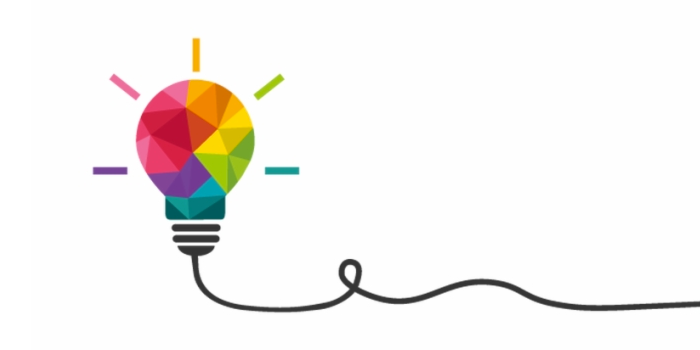No products in the cart.
Uncategorized
Do I Need Formal Training to be a Family Caregiver?
There are more than 2.65 million carers in Australia, which means about 1 in 11 people in Australia are carers. While many of these family caregivers have not had formal training for the role, they often have to carry out a number of tasks that they have never done before. These tasks can be physically taxing, medically complex, and to compound it all, emotionally draining.
Family caregivers often take on responsibilities that may require physical strength or medical knowledge that they do not possess. If this is the case, the caregiver is likely to become frustrated, as they will find it extremely difficult to do the tasks necessary to provide the level of care that their loved one requires. This can eventually lead to caregiver burnout.
Why Is Caregiving so Challenging for Family Members?
Taking on the responsibility of caring for a loved one puts significant pressure on the caregiver. Caregivers often feel unprepared to complete some of the tasks that they are responsible for, such as:
- Medical and nursing tasks for loved ones with serious physical and cognitive conditions
- Managing and administering multiple medications
- Dressing and caring for wounds
- Coordinating caregiving between other family members and medical professionals
- Preparing food, in many cases for special diets
- Administering IV fluids, performed injections
- Managing incontinence and physically helping seniors to the bathroom
Family caregivers will often take on responsibilities that are considered ‘complex care’ tasks, such as medical tasks that are normally performed by trained healthcare professionals, as they think that by doing this, it will keep their senior loved ones at home instead of in hospitals and other caregiving organisations.
In addition to these complex tasks, caregivers are also having to complete household chores, cooking, dressing, bathing and taking their loved one to the toilet. With all of these things to manage at once, the caregiver may feel overwhelmed. In addition, caregivers are often the spouse of the senior in their care or an adult child and as such, are also ageing. For older caregivers, completing these tasks for themselves may be hard enough, not to mention doing it all for another person too.
What Training is Available to Family Caregivers?
There are a number of ways for family caregivers to learn about how to best provide care for their loved one. The following are some sources of information that are available to caregivers:
- Online Caregiver Certifications: There are various caregiver certifications that are available online for family caregivers to enrol in and learn how to do essential tasks for their loved one. Some of these programs will provide a formal certification on completion. Some programs are free, while others are available at a reasonably low cost.
- Programs for Specific Diseases & Conditions: There are on and offline programs available that are catered to specific diseases and conditions. For example, the Alzheimer’s’ Association offers training modules for caregivers of people with Dementia. Brain Sparks has a Dementia Live® course that is designed to increase awareness and empower carers of people living with Dementia.
- E-learning Modules: E-learning modules are available to teach the most important care principles or other topics of interest for caregivers. These modules are ideal for caregivers who want to learn in their own time and are looking to learn more about a specific area.
- Books & DVDs: You can find books and DVDs on pretty much any caregiving topic you can think of. These can be easily found at local libraries, as well as in bookstores and online.
- Cooking Classes: If you are struggling to come up with healthy meals for the person in your care, or if cooking has never been your thing, a cooking class is a great way to learn. There are also cooking classes available for delicious low fat and healthy meals, which are particularly useful if you are caring for someone with a condition such as heart disease.
- Hospital-Based Classes: Many hospitals host classes for caregivers that are taught by healthcare professionals. These are particularly useful for caregivers who are looking for additional face to face support and practical advice.
- Support Groups: There are support groups available in communities across Australia. A caregiver support group is a great way to share any problems that you are having with people who are going through similar experiences. At a support group, carers have the opportunity to both get help and help others. Most importantly, these support groups will help you to realise that you are not alone. If you are unable to leave your loved one alone in the house, many support groups are also available online.
Caregiving is a difficult role, but it’s important to remember that there is advice and support available. Why not try attending a Brain Sparks workshop? This will arm you with advice and practical strategies to help you with some of the responsibilities that you have taken on. For more information on how we can help, don’t hesitate to get in touch.


